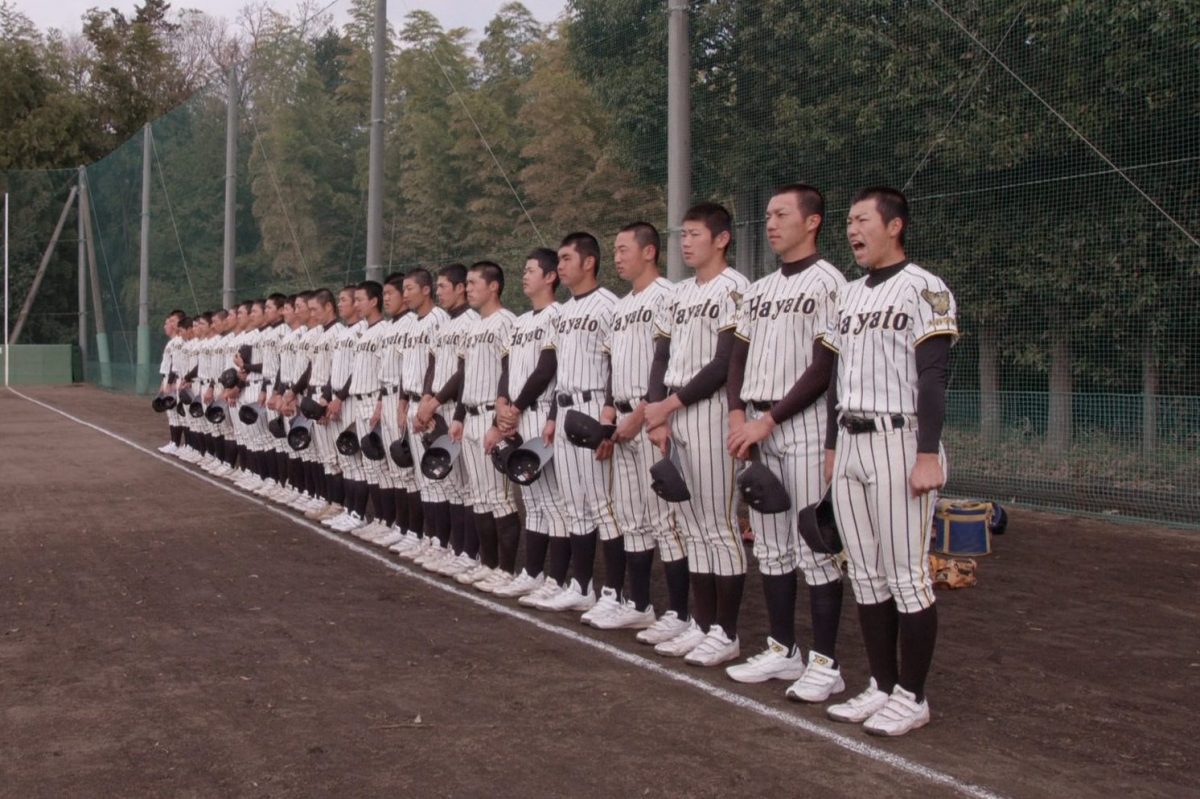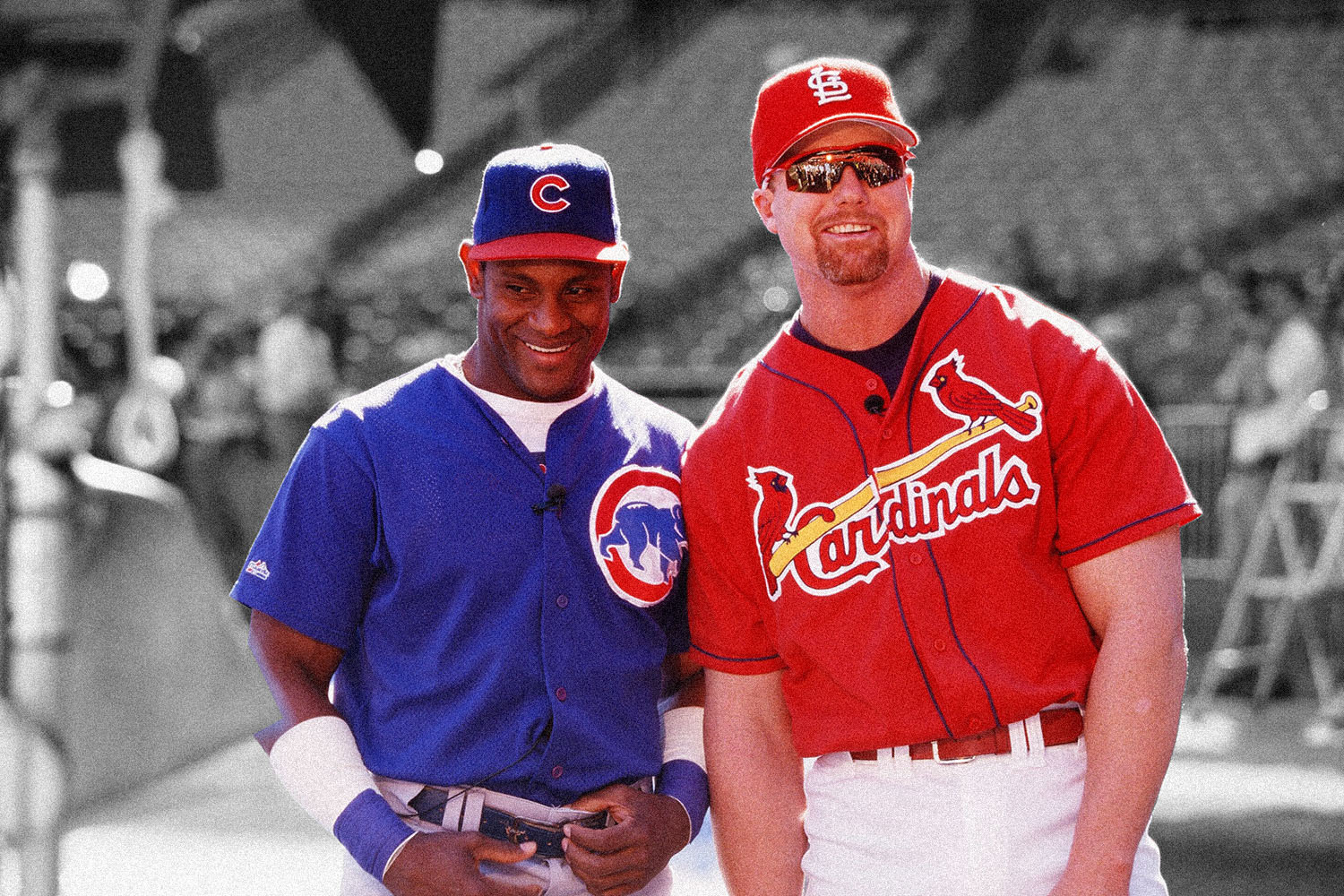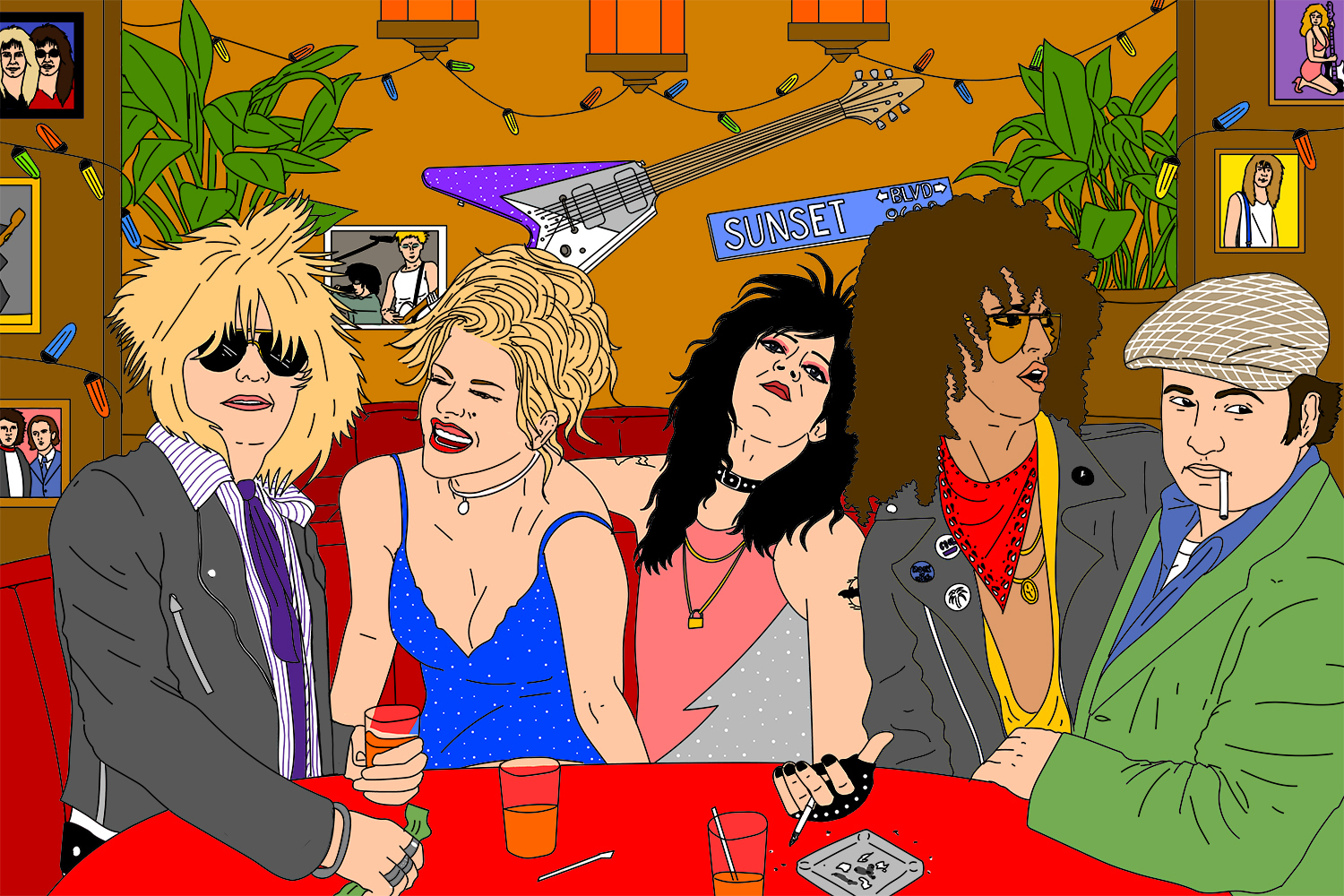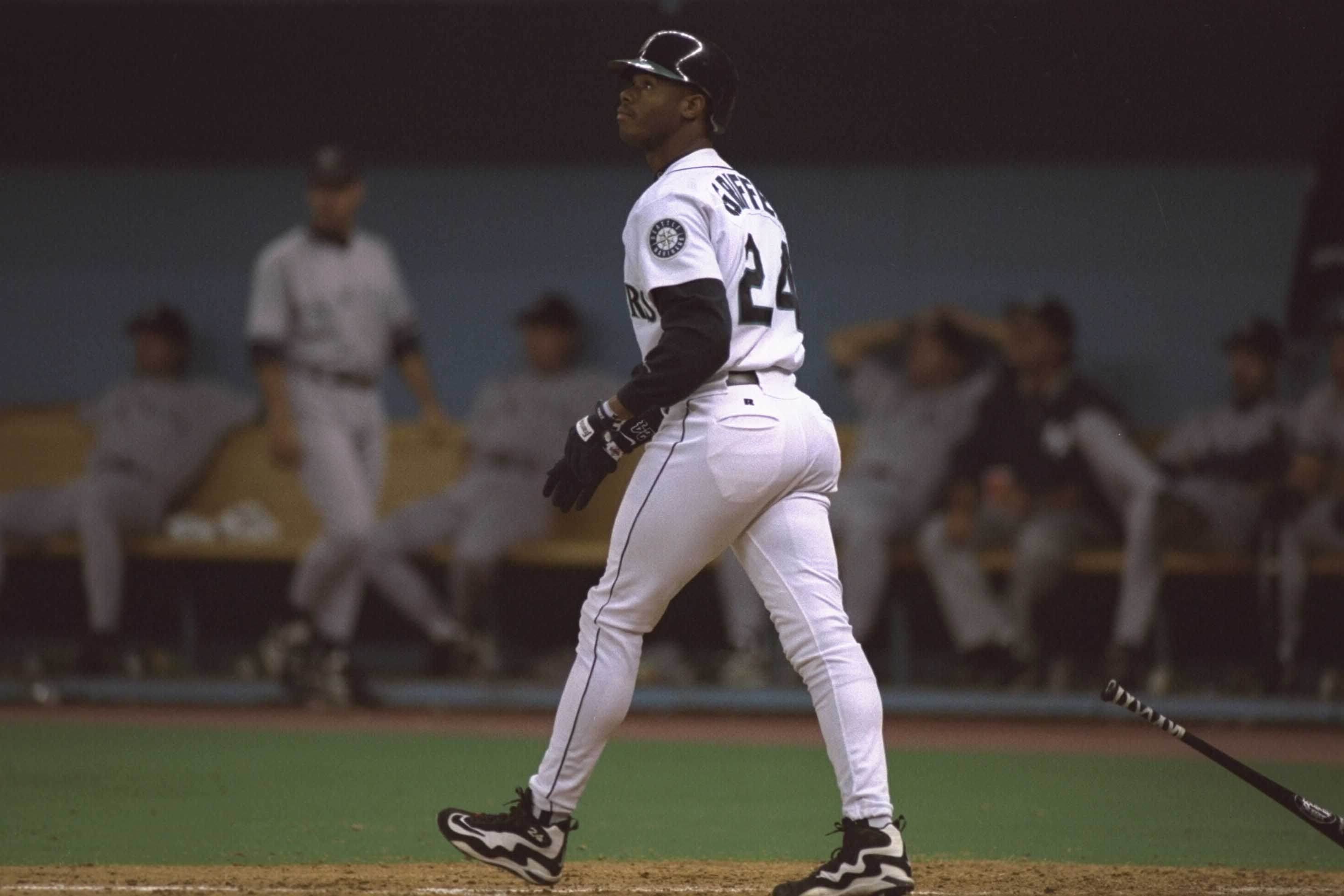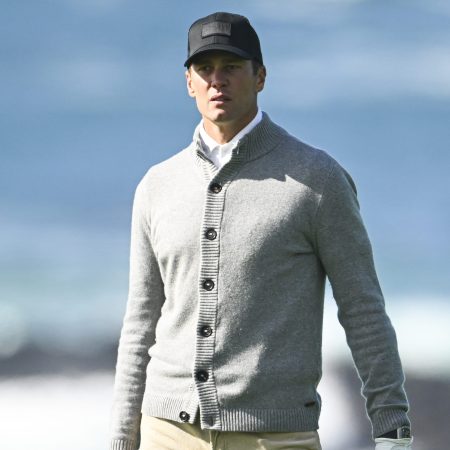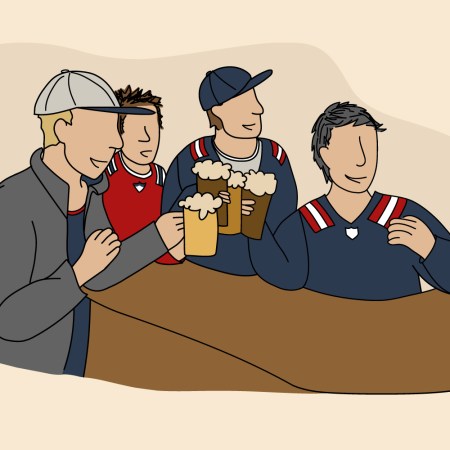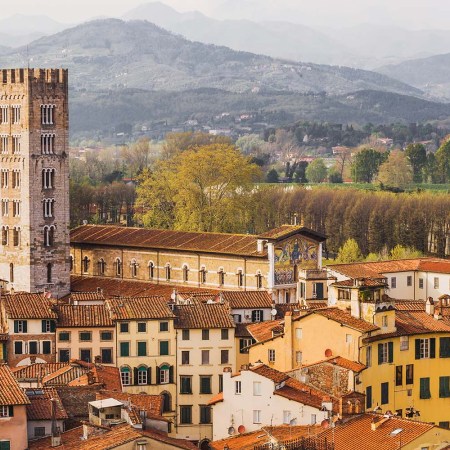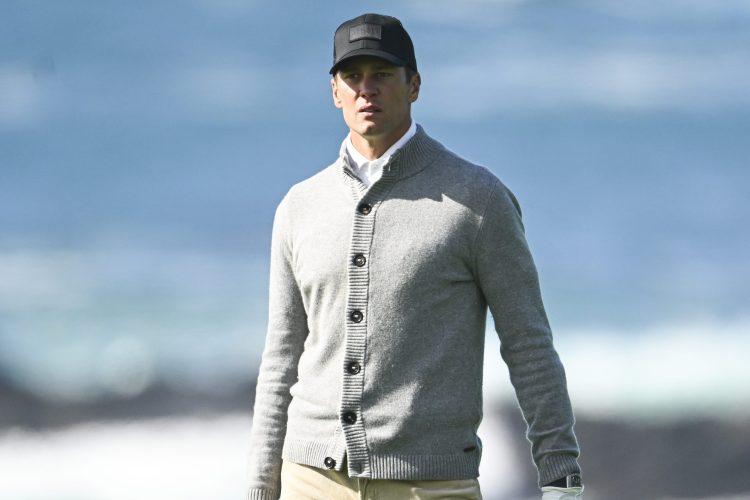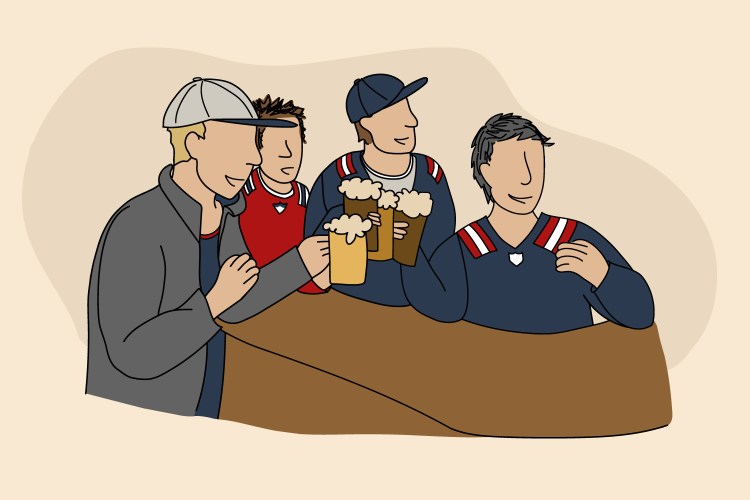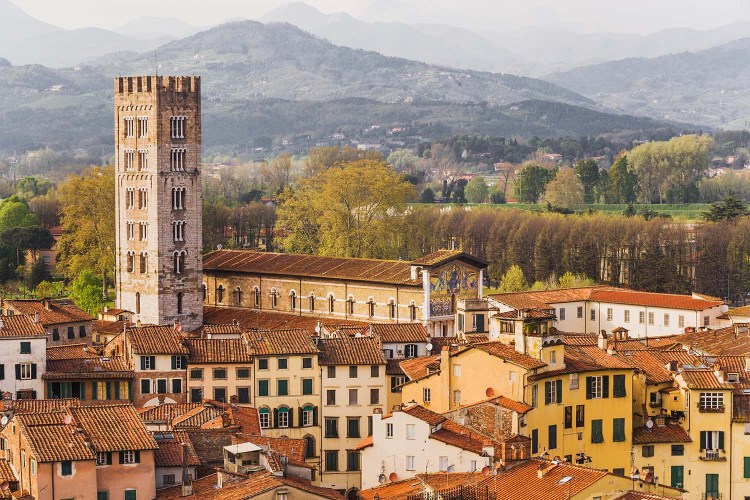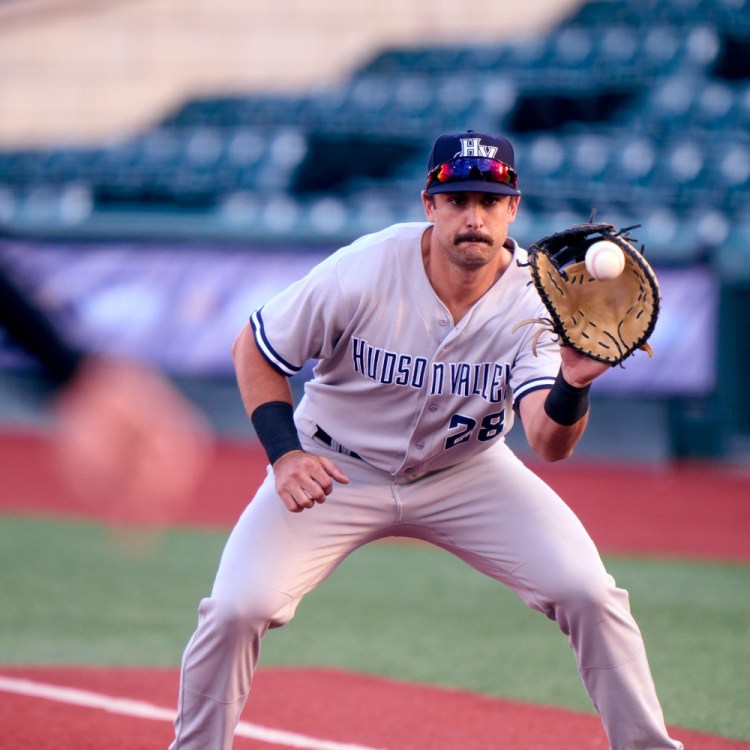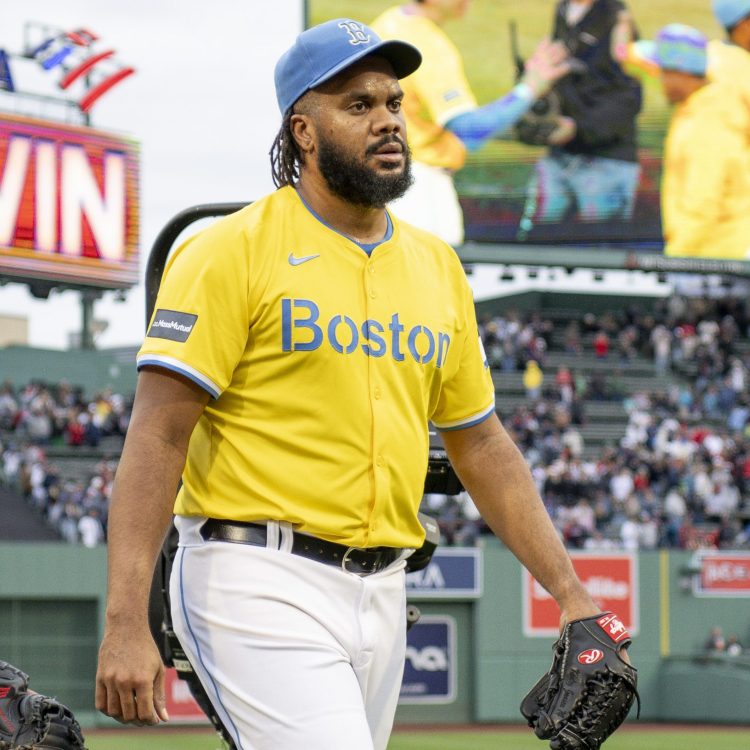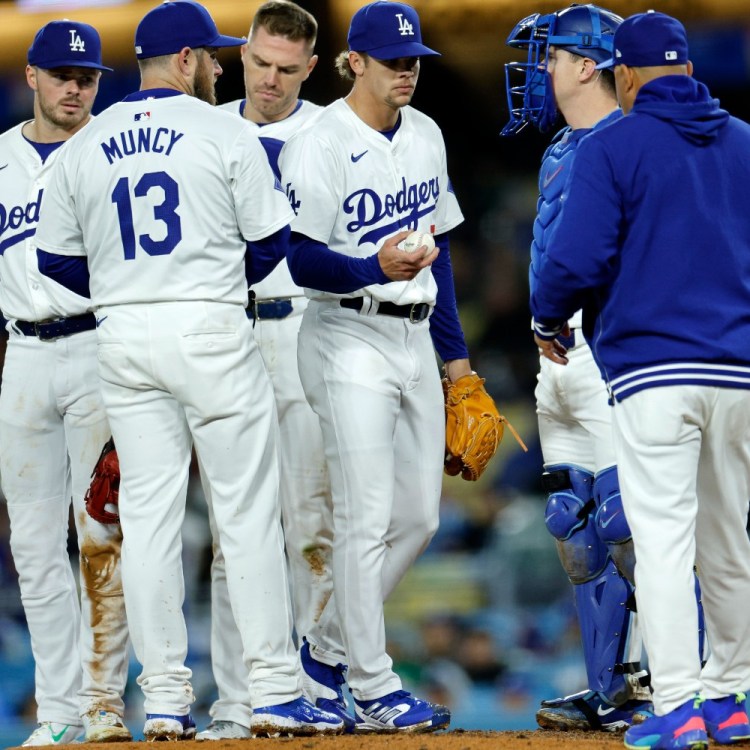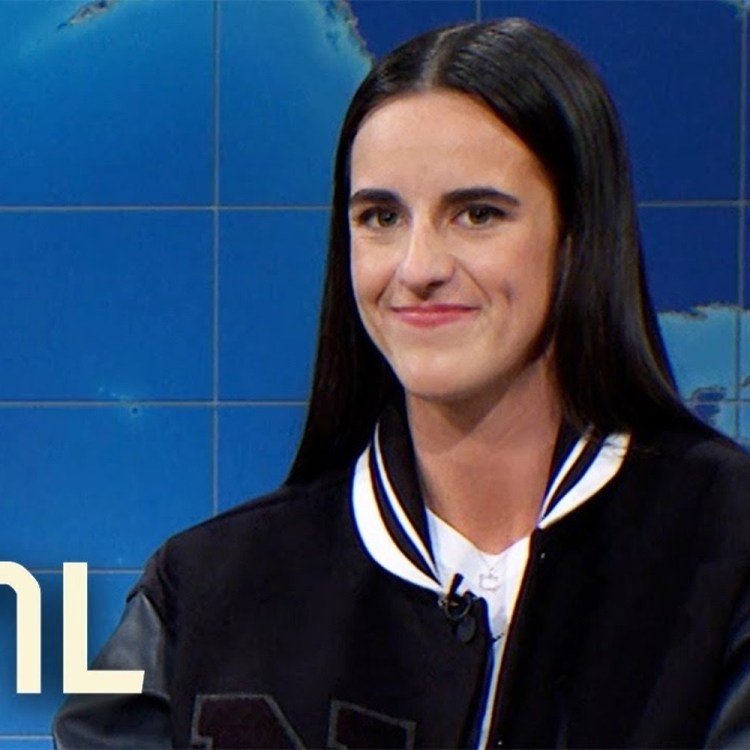Before former Japanese MLB players like Ichiro Suzuki, Hideki Matsui and Daisuke Matsuzaka became household names all over the baseball world, they took center stage in their native country during an annual baseball tournament each August.
The National High School Baseball Tournament, more commonly referred to as Koshien or Summer Koshien, is a single-elimination competition featuring 49 teams that have already had to survive a regional qualification process. Taking place over two weeks, the entirety of Koshien is broadcast live across the country to an audience of millions, and more than 50,000 fans per day typically attend games in person.
Ema Ryan Yamazaki, the director of a new documentary about the tournament that debuts on ESPN tonight at 7 p.m., likens Koshien to March Madness being combined with the Super Bowl when describing how much attention the annual competition receives in Japan.
“There’s really nothing else like it here so I always use those two examples,” Yamazaki tells InsideHook. “It’s almost unavoidable because every game is aired nationally. From 8:00 a.m. until 5:00 p.m. they have four games a day, and it’s just on. Millions of people are watching it — it’s on screens everywhere, in restaurants, business buildings. It’s just part of life for those two weeks in August, even for people who are not sports fans.”
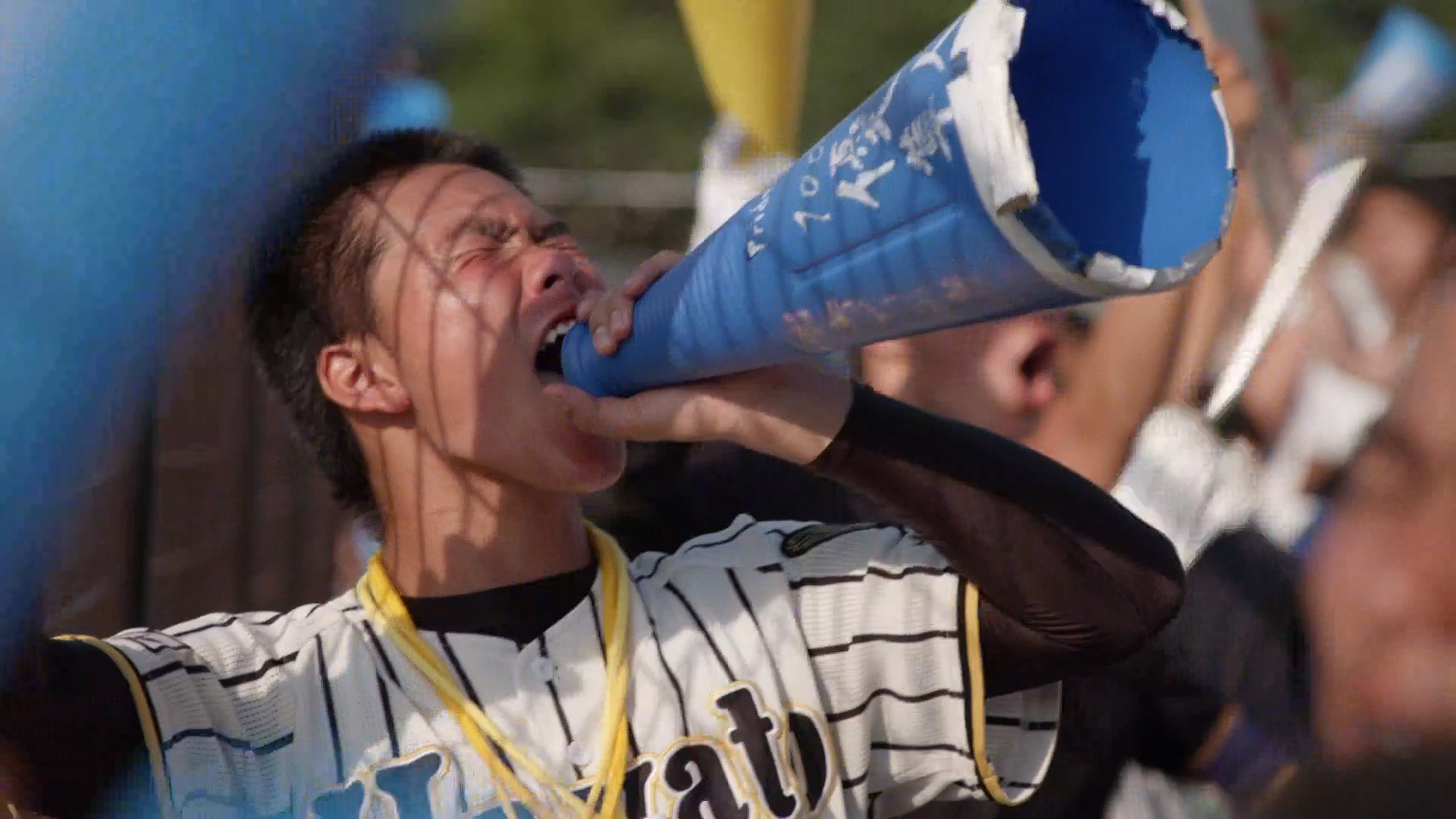
In Koshien: Japan’s Field of Dreams, Yamazaki documents the 2018 edition of Koshien, the 100th tournament in the event’s history. (Koshien has been called off this summer due to the COVID-19 pandemic, the first cancellation in the tourney’s history since World War II.)
Yamazaki, who grew up 15 minutes from the stadium where every game of the tournament is held in Nishinomiya, got the idea for making the film after she returned to Japan and experienced Koshien for the first time in nearly a decade. In the interim, she had been in New York, working and going to film school.
“As I came back to start to work here, I realized I really wanted to make films about Japan and that it was maybe something I could do better than other people,” she says. “I saw Koshien for the first time in almost 10 years and it hit — it was so Japanese. It had the most extreme parts of Japanese society (for better and for worse), and it was so dramatic. As I saw the helmets lined up and all the kids being on time and those kinds of things, it made me re-appreciate Japanese society for the trains being on time and the people being polite and that things that are not necessarily automatic in a place like New York. I realized it was a mirror of society, almost, and thought maybe I could capture the essence of Japan in a way the outside world had not quite seen before.”
By showcasing Koshien, Yamazaki is hoping to shed light on an aspect of Japanese culture that transcends the more clichéd identifiers — like sushi or anime — that most Americans are already familiar with.

“I think the idea of high-school baseball and what it represents is very much a mirror into Japanese society,” Yamazaki says. “The idea of being a part of a group and finding your place and being responsible, of doing your best in your role, is what I think Japanese society is founded on. I feel like you can really see that in high school baseball. We had a screening for a U.S. audience and people were like, ‘I just never realized Japanese people were so emotional.’ People feeling responsible for things is a big reason Japan is the way it is. It’s not like we’re born like that. There are different education systems and things we go through to be groomed that way. I wanted to present a more layered, complicated version of our culture using one of the most iconic things about it.”
According to Yamazaki, the values ingrained during the high-school baseball tournament often help players once their Koshien run is finished.
“Most kids don’t play baseball after high school even if they go to Koshien,” she says. “But because of the life skills they learn going through it — being respectful, being on time, having a great work ethic and knowing how to work with people — kids that played baseball often get good job opportunities. Coaches have told me there are certain job opportunities that are only available if you played. It’s a top requirement because they know they’re going to expect a certain kind of person if you played.”
Check out the trailer for Yamazaki’s film below:
Whether you’re looking to get into shape, or just get out of a funk, The Charge has got you covered. Sign up for our new wellness newsletter today.
